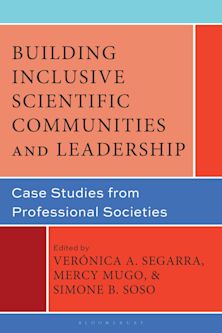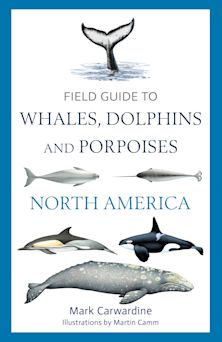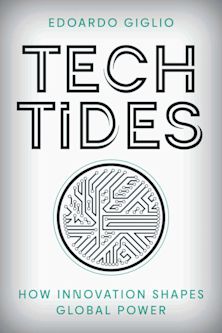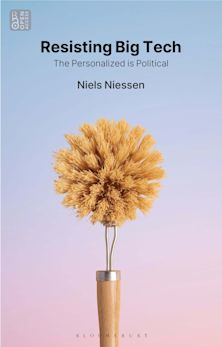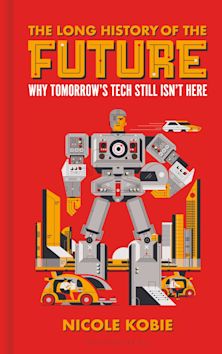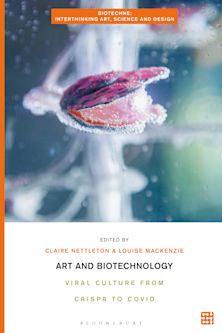- Home
- ACADEMIC
- Science & Technology
- Environmental Legacies of the Copernican Universe
Environmental Legacies of the Copernican Universe
Environmental Legacies of the Copernican Universe
This product is usually dispatched within 2-4 weeks
- Delivery and returns info
-
Flat rate of $10.00 for shipping anywhere in Australia
You must sign in to add this item to your wishlist. Please sign in or create an account
Description
In Environmental Legacies of the Copernican Universe, Jean-Marie Kauth shows how counter-ecological metaphors sprung from the cosmology of the Copernican Revolution influence us still in unexpected, maladaptive ways, nurturing conceptions of the world that are not only incorrect but enabling of ecocide. She argues that grasping these underlying paradigms may help us to alter our thinking and make the radical transformations needed to counter the forward motion of our capitalist, post-industrial society.
Table of Contents
Acknowledgments
Preface: ‘Till by Turning, Turning We Come Round Right
Introduction: Cosmology, Ecology
Chapter 1: Dante’s Cosmos
Chapter 2: Enlightenment Echoes
Chapter 3: The Infinite Line
Chapter 4: Environmental Legacies
Chapter 5: Paradigm Shifts
Chapter 6: Alternate Metaphors
Conclusions
References
Index
About the Author
Product details
| Published | 06 Apr 2023 |
|---|---|
| Format | Hardback |
| Edition | 1st |
| Extent | 278 |
| ISBN | 9781666901849 |
| Imprint | Lexington Books |
| Illustrations | 20 b/w photos |
| Dimensions | 237 x 157 mm |
| Series | Environment and Society |
| Publisher | Bloomsbury Publishing |
About the contributors
Reviews
-
A compelling analysis of the roots of ecological and social collapse coupled with an inspiring exploration of how we can, and must, engage these crises as agents of change. Kauth writes with disarming authenticity and insight about how our world views and the very shape of our lives can evolve to meet these vast challenges.
Liz Cunningham, author of Ocean Country and Talking Politics
-
Jean-Marie Kauth is a herald, deeply trained in the liberal arts, dedicated to ecocriticism, and well versed in environmental science. She brings together a chorus of voices within and without the Western tradition who have sought to honor Gaia and to recognize her signals that something has gone drastically wrong. In the end, this book is full of hope, but it is a hope that must be found in the activities and re-thinking of our daily lives. With the aid of Plato, Aristotle, Dante, Chaucer, and Margulis, Leopold, and Carson, Kauth outlines a renewed way of living within the bosom of Mother Earth. A thoughtful book for academics and the public—a must in looking to the future.
J. Scott Lee, cofounder of the Association for Core Texts and Courses
-
Politicians would have us believe that growth (of the economy, consumer spending, etc.) is good and that infinite growth is infinitely better. But for whom? With beautifully-crafted prose, Kauth argues that if our planet is to remain livable for future generations, we must stop our addictive consumption of the earth’s resources and start behaving as if we are part of the circle of life.
Ruth A. Etzel, MD, PhD, Editor, Pediatric Environmental Health

ONLINE RESOURCES
Bloomsbury Collections
This book is available on Bloomsbury Collections where your library has access.













